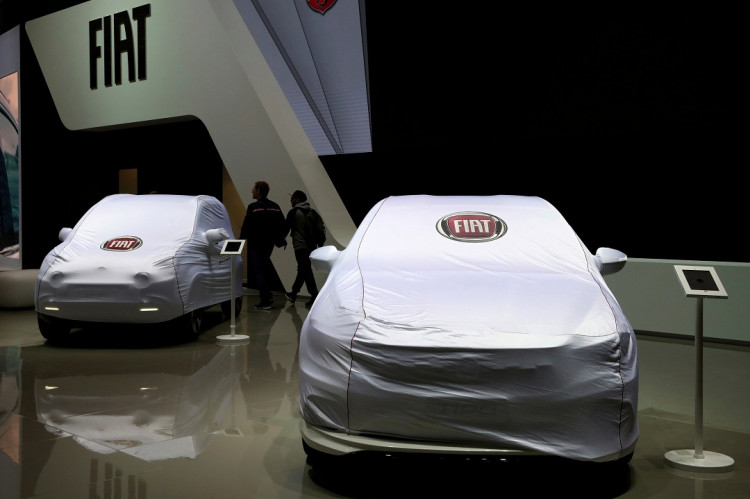The uncertainty in the trade war caused companies to rethink their investment plans as they seek for revenues. Economists warn that the escalation of the conflict would hurt the United States' economy and the rest of the world causing a 0.7% decline in global growth by the year 2021.
The trade war of United States President Donald Trump postponed GAC's rollout of its dealership network scheduled on 22. It followed the decision of the President to raise tariffs on Chinese goods.
The company has signed a joint venture in China to build and sell Jeeps with Fiat Chrysler Automobiles. GAC wanted to be the first Chinese automaker to operate in the United States.
The company met potential retailers including 80 dealers and partners at the NADA Show in San Francisco this year. The escalating trade tension between China and the United States delayed the progress of the venture for the second time. The company originally planned to launch its United States operations in late 2019.
Zeng Hebin, international president of GAC Motor, said that due to the uncertainty of the U.S.-China trade relationship, they've postponed their entry into the U.S. market temporarily. He added that they will discuss and decide later the schedule of the launch depending on the developments with respect to trade.
Other Chinese companies including Zotye USA and Lynk & CO said that their plans are on track. The unresolved conflict between the two largest economies affected the global auto industry. Trump recently threatened to raise tariffs on imported autos and auto parts from around the world to 25 percent.
The Organization for Economic Cooperation and Development warned recently that the escalation of the trade war will damage the United States economy and the rest of the world.
The agency estimated a loss of $600 billion. it also predicted new trade barriers between the United States and the European Union and Brexit-related uncertainties.
According to analysts from Morgan Stanley, the possibility of resolving the trade dispute is narrowing. The analysts wrote that if talks stall, no deal is agreed upon and the US imposes 25% tariffs on the remaining $300 billion of imports from China, we see the global economy heading towards a recession.
They said that under the scenario, the US Federal Reserve would have to cut interest rates, ultimately back to zero and China would need huge new stimulus. Analysts at Bank of America reported that the trade war has already hurt confidence on Main Street. They added that a protracted trade war could have a meaningful impact on consumer spending.





